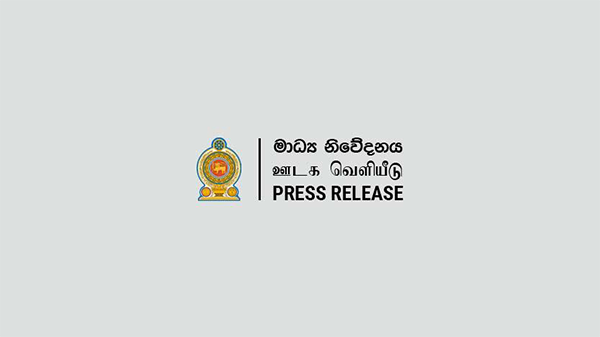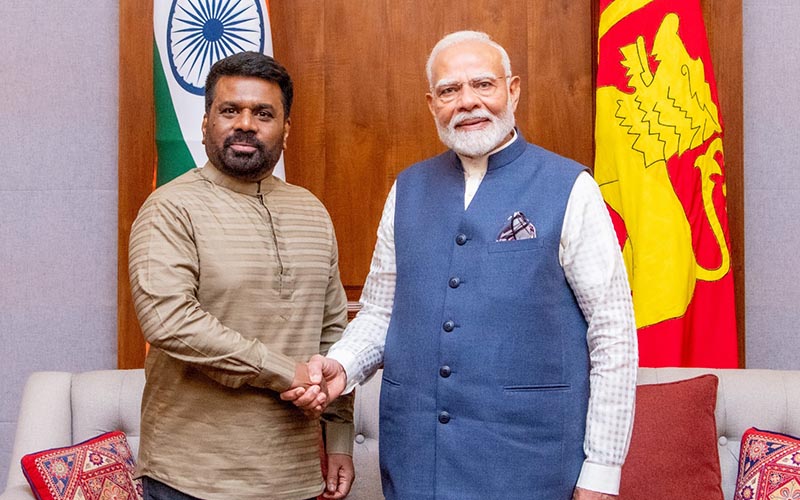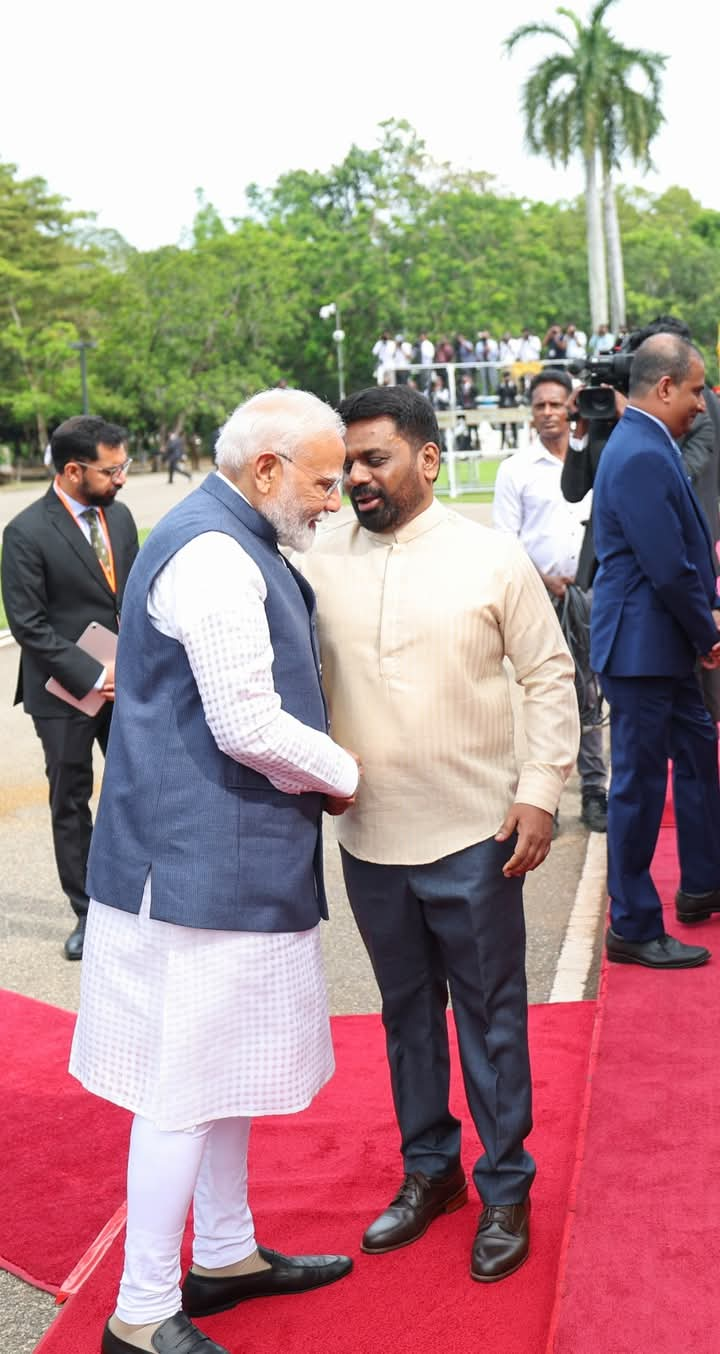News
Summoning all employees back to work places an invitation to fresh spike in epidemic – Expert

Once people start working from home, companies can cut down their expenditure on rent and utilities. The state too will benefit from savings on fuel,”
By Rathindra Kuruwita
Mobility data gathered by Google, Facebook and the World Health Organisation (WHO) show that Sri Lankans have been travelling out of their homes in large numbers since the lifting of the travel restrictions and addressing it should be an immediate concern for the government, Pharmaceutical and Healthcare Management Consultant Dr. Sanjaya Perera told The Island yesterday.
“The data shows that there was a large dip in mobility in late August when travel restrictions were imposed. However, it started rising in September and has now skyrocketed since restrictions were lifted,” he said.
Dr. Perera said that the increase was ominous and showed that the government’s efforts to prevent public and private sector institutions from bringing people to work en masse had failed. The government and the corporate sector should take steps to promote working from home to avoid a fresh spike in the pandemic.
“I am working on a research for Johns Hopkins University covering several Asian countries and we have seen that many countries including Thailand, have adopted work from home practices. It is unfortunate that Sri Lankan public and private institutions have not encouraged this practice although there are many known benefits,” he said.
Research across the world has shown working from home improved productivity of the employees by reducing stress and anxiety, Dr. Perera said. Often the stress of travelling to work, especially in public transport, office politics and diversions at work prevented people from working at peak capacity, he pointed out.
“However, employees who have started working from home have shown dramatic increases in productivity. When one works from home, they are much more relaxed and their overall health improves because of better sleep and food habits,” he said.
Working from home also allowed employees to work from anywhere, even during holidays and even on vacation, Dr. Perera said. If motivated enough, most employees could hit targets set by the management in a few hours a day, he said.
“This also saves a lot of money for the employees as well. At a time when the cost of travelling or meals from a restaurant has increased, people can save a lot of money if they can work from home. This is akin to giving them a salary increase. A lot of companies have reduced salaries and cut benefits, thus, reducing people’s expenses via encouraging work from home that will offset many of the issues caused by these cuts,” he said.
One of the main complaints by managements of public and private institutions is that some people were slacking off when working from home practices were introduced. It had been cited as a main reason why employees had been asked to come to work.
“However, this is a simple problem to address. You just have to set up Key Performance Indicators. You just have to tell an employee that these targets have to be reached. This is not rocket science. We just need to set up protocols and systems in place. Once people start working from home, companies can also cut down their expenditure on rent and utilities. The state too will benefit from savings on fuel,” he said.
Dr. Perera said that Sri Lanka spent close to USD 300 million on fuel imports a month and it could be greatly reduced if people worked from home.
Latest News
Discussions between Sri Lankan and Indian delegations at the presidential secretariat

Following the conclusion of bilateral discussions between President Anura Kumara Disanayake and Prime Minister of India, Shri Narendra Modi, official-level talks between the delegations of Sri Lanka and India commenced this morning (05) at the Presidential Secretariat in Colombo.
Representing the Government of Sri Lanka were Prime Minister Dr. Harini Amarasuriya, Minister of Foreign Affairs, Foreign Employment and Tourism, Vijitha Herath; Minister of Labour and Deputy Minister of Economic Development, Anil Jayantha; Secretary to the President Dr. Nandika Sanath Kumanayake; Governor of the Central Bank of Sri Lanka, Dr. P. Nandalal Weerasinghe, along with other senior officials.
The Indian delegation included Minister of External Affairs Dr. S. Jaishankar, National Security Advisor Ajit Doval, Foreign Secretary Vikram Misri and His Excellency Santosh Jha, High Commissioner of India to Sri Lanka, along with several other senior officials of the Government of India.
Latest News
Indian Prime Minister Shri Narendra Modi arrives at the presidential secretariat

Indian Prime Minister Shri Narendra Modi, who arrived in Sri Lanka on the invitation of President Anura Kumara Disanayake on Friday [04] night, visited the Presidential Secretariat this morning (05).
The Indian Prime Minister was warmly welcomed by President Anura Kumara Disanayake upon his arrival at the Presidential Secretariat.
Prime Minister Modi is currently on a state visit to Sri Lanka, reaffirming the theme “Friendship of Centuries — Commitment to a Prosperous Future” which symbolises the longstanding ties between Sri Lanka and India. The Indian Premier is scheduled to remain in the country until tomorrow (06).
[PMD]
Latest News
Indian PM receives warm welcome

The official welcoming ceremony for Indian Prime Minister Narendra Modi, was held this morning (05) at the Independence Square in Colombo.
On arrival at the Independence Square the Indian Prime Minister was warmly welcomed by President Anura Kumara Disanayake.
-

 Business2 days ago
Business2 days agoStrengthening SDG integration into provincial planning and development process
-

 News5 days ago
News5 days agoBid to include genocide allegation against Sri Lanka in Canada’s school curriculum thwarted
-

 Sports7 days ago
Sports7 days agoSri Lanka’s eternal search for the elusive all-rounder
-

 Sports3 days ago
Sports3 days agoTo play or not to play is Richmond’s decision
-

 Business12 hours ago
Business12 hours agoNew SL Sovereign Bonds win foreign investor confidence
-

 News7 days ago
News7 days agoComBank crowned Global Finance Best SME Bank in Sri Lanka for 3rd successive year
-

 Features7 days ago
Features7 days agoSanctions by The Unpunished
-

 Features7 days ago
Features7 days agoMore parliamentary giants I was privileged to know











